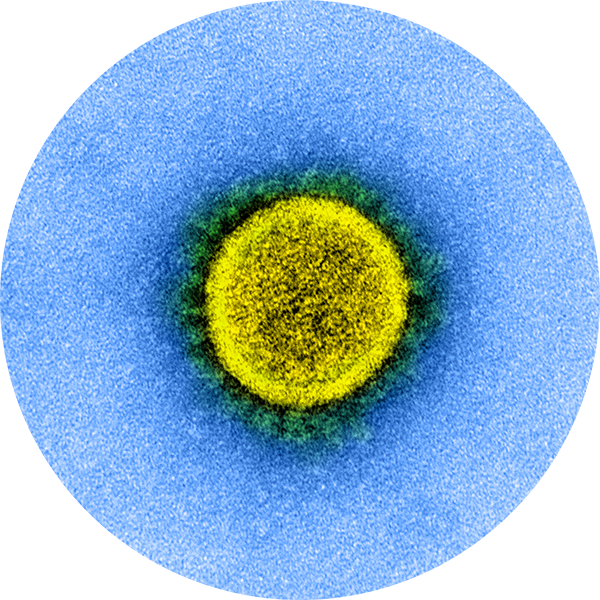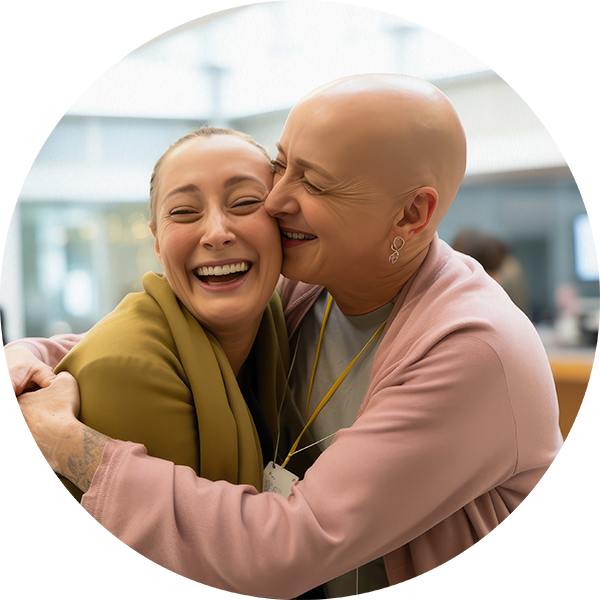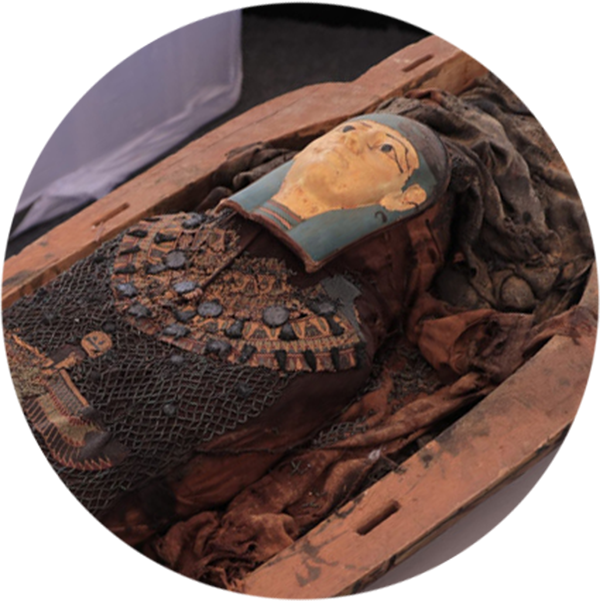Home > News Briefs – NOVEMBER 2023
News Briefs – NOVEMBER 2023
by Loren Talbot
Family Death Burden of COVID Examined
A recent study by researchers in Iran reported how the COVID pandemic affected families’ perceptions of the deaths of their loved ones. Through an integrated review, researchers identified family encounter issues both before and after COVID-related deaths. “The issues raised before the death of the loved ones include no visit and absence at death time, fear of being infected with the COVID-19, death anxiety, failure to perform religious rites at death, and psychological problems. The after-death issues were related to funeral, burial, rituals, prolonged grieving, maladaptation, loneliness, and repeated mourning.”
The study concluded that since most medical systems cannot provide mourning and counseling services to alleviate the suffering of the deceased’s families, it is important to create programs that support families, such as meeting with the dying patient through glass and seeing the corpse after death. Additionally, developing alternative methods for collective grieving, even if loved ones are not able to gather, can reduce hardship on bereaved families. Methods such as virtual memorials, connecting with religious guides, and recognition of cultural rituals for families were included.
Cancer Centers Need More Caregiver Support Programs
Over the past two years, researchers reviewed 238 accredited cancer centers in the United States to assess family caregiver support programs across the country. Findings showed that the majority of centers hosted programs, while around 25% had none. The study reviewed 11 types of services being offered at the centers; 75.4% had at least one program, with the most common offering information and referral services. The study showed that overall “the scope of programming was limited and rarely evidence based, with few centers offering caregiving education and training. These findings suggest that implementation strategies are critically needed to foster uptake of evidence-based caregiver interventions.” While unpaid family and friend caregivers provide the majority of health care to the 18 million individuals with cancer in the United States, very few have received any type of training.
Book of the Dead Unearthed in Egypt
According to Live Science, archaeologists in Egypt have discovered a 3,500-year-old cemetery that contains what the Egyptian Ministry of Tourism and Antiquities is referring to as a Book of the Dead papyrus. The discovery was made at the cemetery at Tuna al-Gebel in central Egypt and dates from circa 1550 to 1070 BCE. The Book of the Dead is reported to be approximately 45 feet long, and while little information has been released as of yet, scholars say that it is very rare to find such a discovery. According to the article, “The Book of the Dead is a modern-day name given to a variety of texts that served a number of purposes, including helping the dead navigate the underworld. The name the ancient Egyptians gave these texts is sometimes translated as the Book of Coming Forth by Day. Copies of Book of the Dead excerpts were sometimes buried with the deceased.” Other important discoveries at the site include a number of coffins and mummies, “including the daughter of Djehuty, a high priest of the god Amun who lived more than 3,500 years ago….sarcophagi, amulets, and numerous ‘shabti’ (also called ‘ushabti’) figurines that were meant to serve the deceased in the afterlife.”



